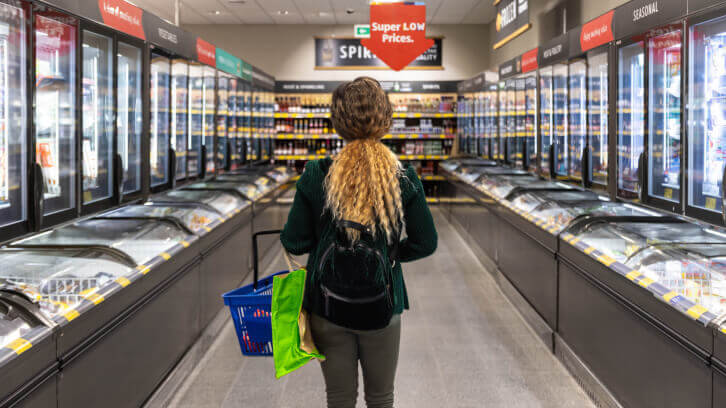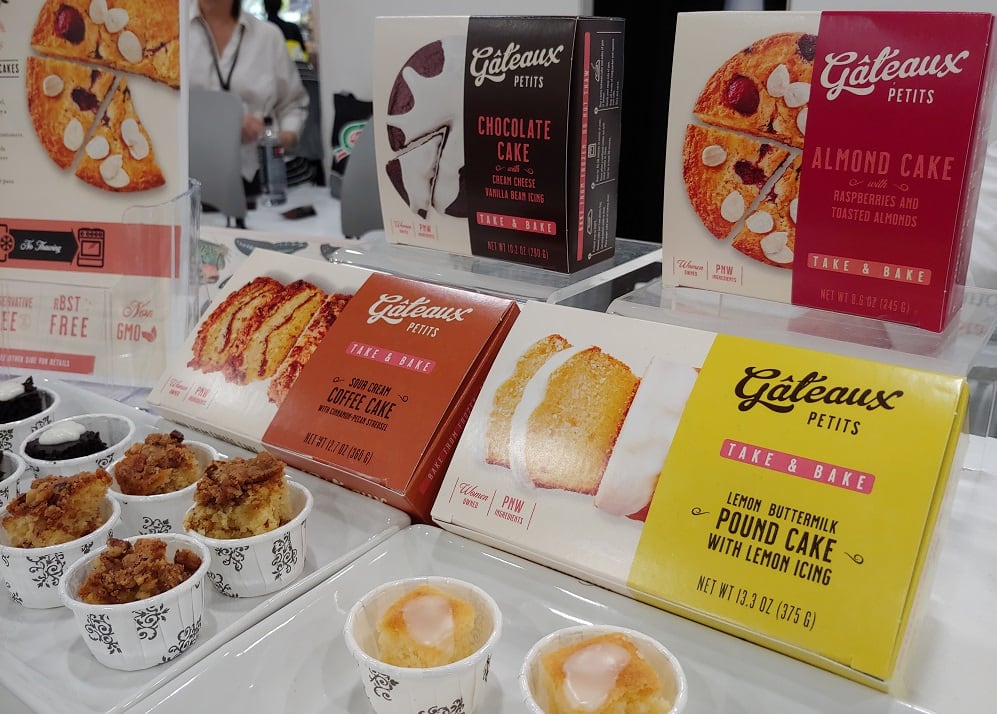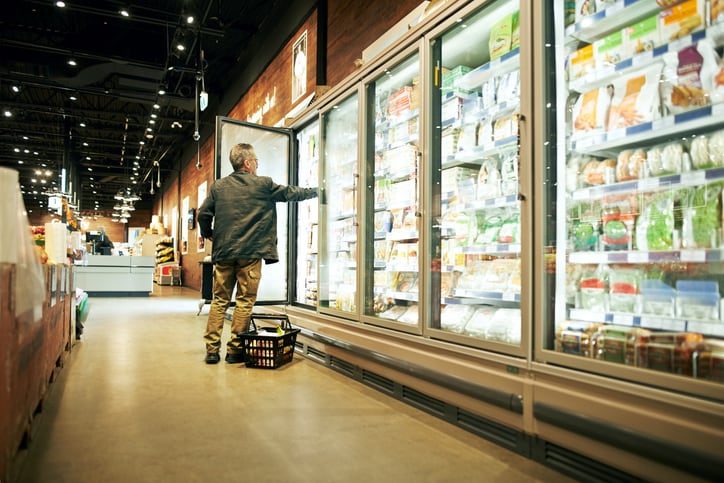Demand in frozen food grew exponentially during the COVID pandemic as consumers madefewer trips to grocery stores and cooked at home more frequently. In 2023, frozen foods saw a 5% increase in volume sales, compared to 2019, generating $77.7bn in annual sales, according to Conagra’s report.
With nearly 40% of food in the US going to landfills, food waste continues to be top of mind for consumers, according to American Frozen Food Institute. Described as “nature’s pause button,” according to AFFI president and CEO, Alison Bodor, frozen foods are wasted less by retailers and consumers based on a literature review from Cornell University.
Earlier this month, a coalition of organizations, including AFFI, the Meat Institute, National Fisheries Institute and the National Pork Producers Council, among others, submitted comments in support of the Environmental Protection Agency's and USDA’s Draft National Strategy for Reducing Food Loss and Waste and recycling Organics, urging the frozen food industry to play a primary role in achieving federal sustainability goals.
Younger generations prefer variety in frozen foods, but vegetables remain the most popular
Citing Circana’s National Eating Trends data in the report, more than 80% of American consumers eat at least one frozen food item per week. While frozen vegetables are voted as the top frozen item consumers have in the freezer, according to Circana 2023 Kitchen Audit.
Consumers living in rural areas with limited access to grocery stores, purchase frozen foods more frequently, and nearly half of consumers own secondary freezers to store more food.
While Gen Z and Millennials are more likely to purchase a variety of frozen items, like sandwiches, handheld entrees (burritos, quesadillas, corn dogs) and breakfast foods, Gen X, who value variety, are more likely to purchase frozen food more than the average consumer.
Boomers and seniors, according to the report, heavily lean towards staples like frozen vegetables, frozen fish, pot pies, pies/pie crusts and whipped toppings.
Single and multi-serve prepared foods (potatoes, appetizers, sandwiches, breakfast sandwiches and burritos) made up the largest percentage of sales (32.7%), followed by desserts (22.1%), while bread and processed meat were purchased the least at 1% and 1.4%, respectively.
Global flavors are also on the rise among consumers looking for variety, most notably Asian-inspired foods like dumplings, wontons, gyoza, shumai and rangoon; as well as Indian cuisines, chicken tikka, samosas, butter chicken, biryani and chicken curry.
Hot and spicy flavors continue to pique consumers’ interests, with sales reaching almost $600m in the frozen department in 2023, most notably with spices like árbol chili, chili oil, gochujang, pepperoncini, harissa and sweet chili.
With consumers returning to work and experiencing busier lifestyles, the report also highlighted the rise of frozen breakfast sandwiches, burritos and biscuits, along with frozen waffles ($1.2bn in 2023 sales), pancakes ($320m) and French toast ($215m).



